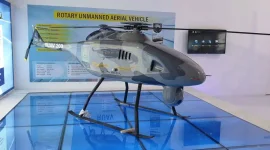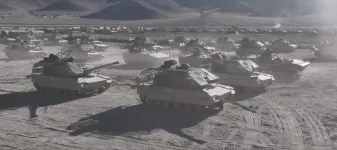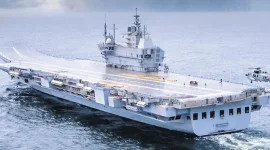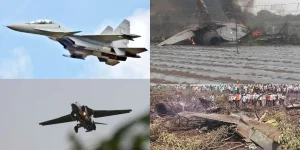- Views: 1K
- Replies: 20
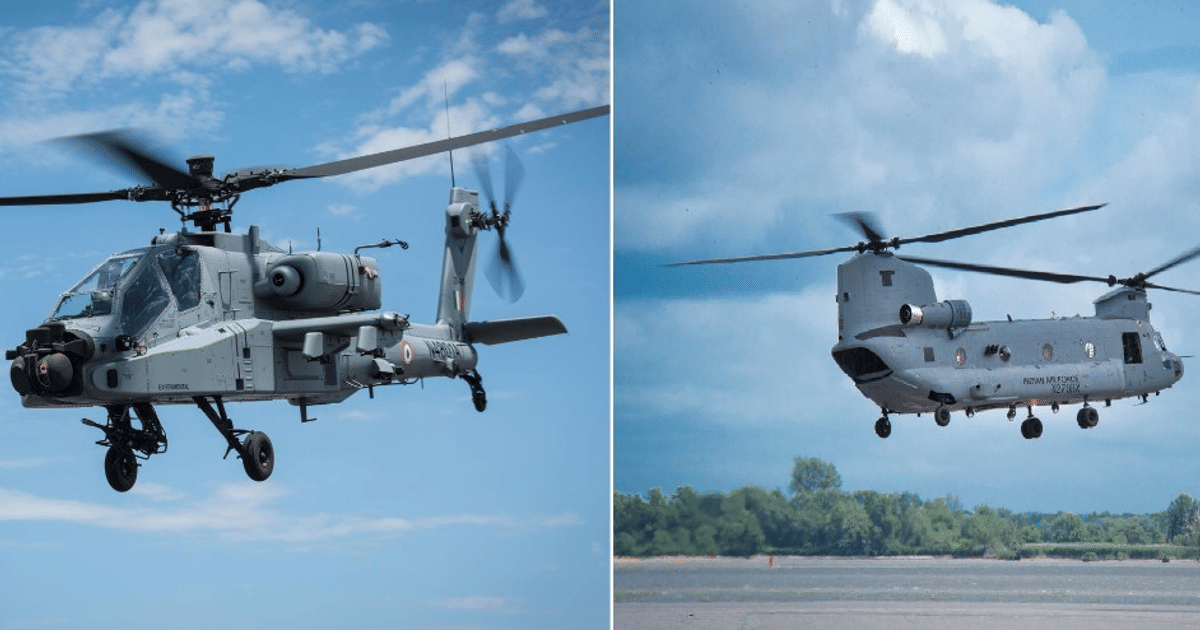
A recent audit conducted by the Comptroller and Auditor General (CAG) of India has revealed concerning irregularities in the Indian Air Force's (IAF) procurement process, particularly in the formulation of Aircraft and Systems Qualitative Requirements (ASQRs).
The audit report, which was recently presented to Parliament, suggests that the IAF has been tailoring ASQRs to favor specific vendors, compromising the principles of transparency and competition enshrined in the Defence Procurement Procedure (DPP).
The CAG audit discovered that instead of defining ASQRs based on operational needs and broad specifications, the IAF has been directly incorporating technical specifications of existing products readily available in the market.
Furthermore, these specifications often appear to be derived from inputs provided by select vendors during the Request for Information (RFI) stage.
"The RFI process was frequently used as a means to engage in selective consultations with one or two vendors, subsequently modifying the ASQRs to match their specific products," the CAG report states. This practice effectively narrows down the competition, limiting the IAF's options and potentially inflating costs for the taxpayer.
The audit highlighted the procurement of Apache Attack Helicopters and Chinook Heavy Lift Helicopters as prime examples where ASQRs were seemingly aligned with the products of a particular vendor.
In the case of the Chinook helicopters, the CAG noted that the ASQRs were revised multiple times between 2006 and 2009, ultimately mirroring the specifications of the Boeing CH-47F Chinook. This resulted in the exclusion of the Russian Mi-26 helicopter, despite its higher payload capacity and troop carrying ability.
This practice of tailoring ASQRs not only stifles competition but also raises concerns about potential bias and favoritism in the procurement process. The CAG report emphasizes the need for the IAF to adhere to the DPP guidelines, which advocate for open competition and transparency in defence acquisitions.
It recommends that ASQRs be formulated based on operational requirements rather than market availability, and that RFIs be used to gather a wide range of information instead of selectively consulting with specific vendors.
The IAF and the Ministry of Defence are yet to issue a formal response to the CAG's findings. However, this audit is expected to trigger a review of existing procurement procedures and potentially lead to reforms aimed at ensuring greater competition, transparency, and value for money in defence acquisitions.

